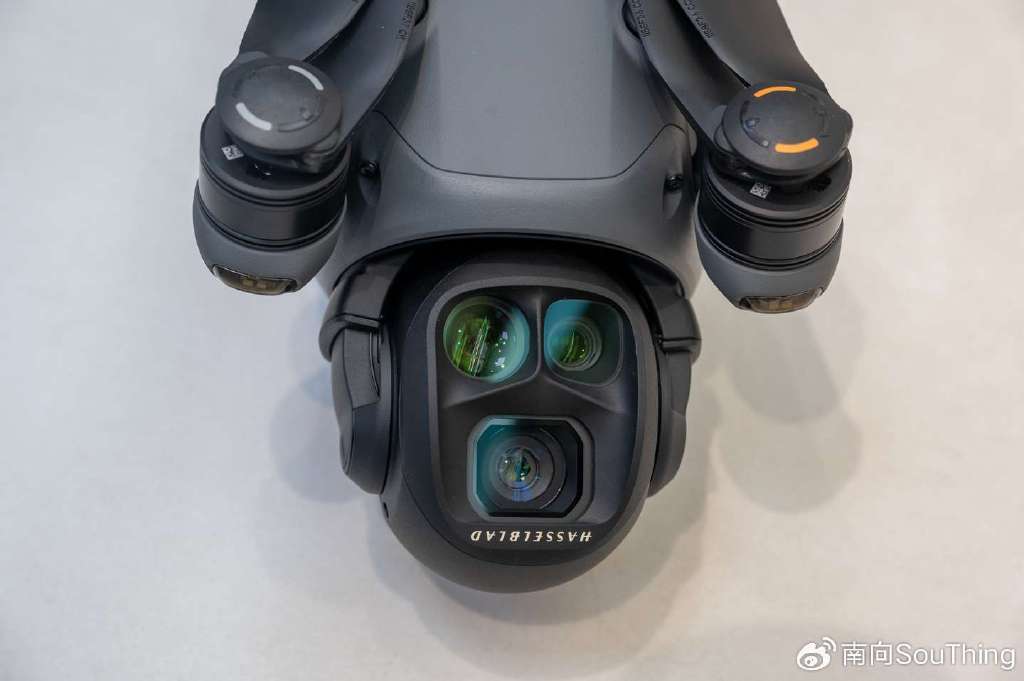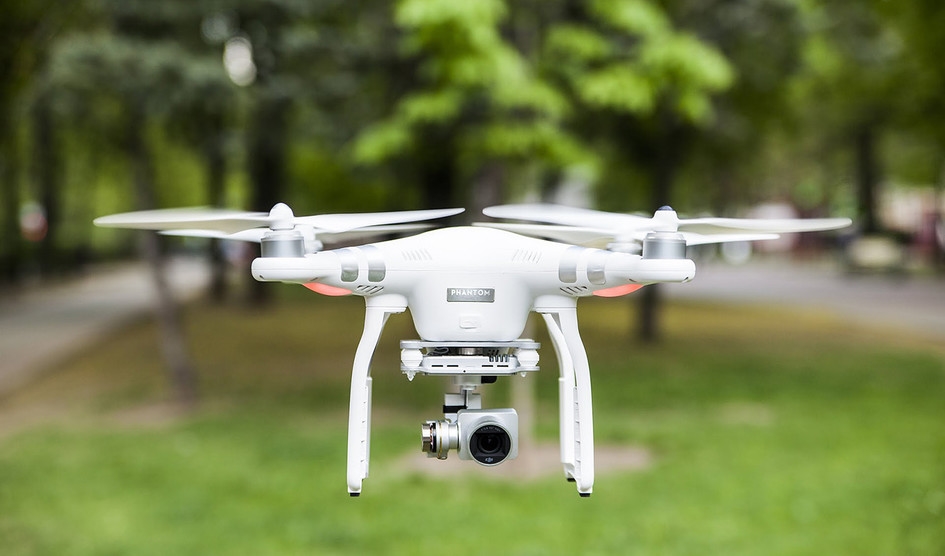The agricultural industry is constantly evolving, and one of the most exciting advancements is the use of farm drones. These sophisticated machines offer innovative solutions for traditional farming practices, changing how agriculture is approached globally.Drones have a variety of applications that enhance productivity and sustainability.
Applications of Farm Drones
Farm drones are transforming farming through precision agriculture. By employing drones for mapping, farmers gain valuable insights into soil conditions and plant health. Using cameras and sensors, drones provide real-time data, allowing for precise interventions. This technology ensures efficient use of resources such as water, fertilizers, and pesticides, minimizing waste and environmental impact.
Aerial surveillance capabilities help identify issues early, such as pest infestations or disease outbreaks. Prompt action can prevent significant crop loss, safeguarding yields and improving overall farm management.
Advantages of Drones in Agriculture
Enhanced monitoring capabilities give farmers the edge in optimizing their operations. With real-time monitoring, adjustments in irrigation systems or fertilization can be made swiftly, ensuring optimal conditions for crop growth. The adoption of drones lowers labor costs by automating tasks that traditionally require significant manpower.
Data-Driven Decisions
Farm drones provide reliable data that drives decision-making processes. This data-centric approach enables farmers to optimize planting schedules, gauge harvest times accurately, and even predict market trends based on crop performance.

Moreover, climate change is posing new challenges for agriculture. Drones can help mitigate its impacts by providing data on environmental changes and assisting in adaptive strategies for climate-resilient farming.
can help mitigate its impacts by providing data on environmental changes and assisting in adaptive strategies for climate-resilient farming.
Aside from these benefits, drones offer improved safety as they can conduct hazardous tasks, reducing risks for farmers. Furthermore, drones can enhance farm security by monitoring property and deterring trespassers.
Challenges and Considerations
While the benefits are notable, drone utilization also presents challenges. Regulatory restrictions on drone flights can hinder operations. There are also concerns surrounding data privacy and cybersecurity as drones collect sensitive information. Farmers must consider these aspects when implementing drone technology.
Innovations build the future; farm drones are such innovations that give us hope for sustainable farming practices.
FAQ
- What types of drones are used in agriculture? Various models are employed depending on tasks. Fixed-wing drones are ideal for covering large areas, while rotor drones are best for detailed imagery and specific interventions.
- How do drones impact farm profitability? Drones enhance efficiency, reduce costs, and help secure higher yields, contributing to better profitability.
- Are drones environmentally friendly? Yes, drones reduce the need for excessive chemical use, thus promoting eco-friendly practices.
Pioneer the agricultural revolution with farm drones, and witness firsthand how they reshape the landscape of farming practices, one flight at a time.
